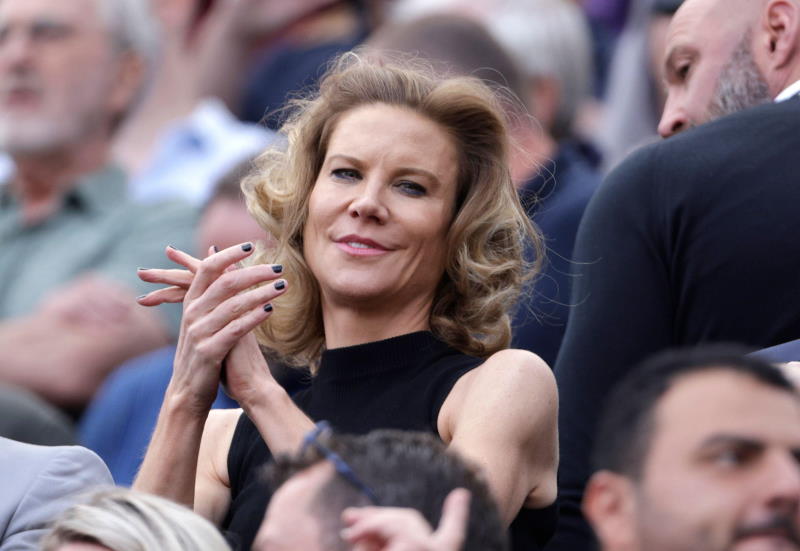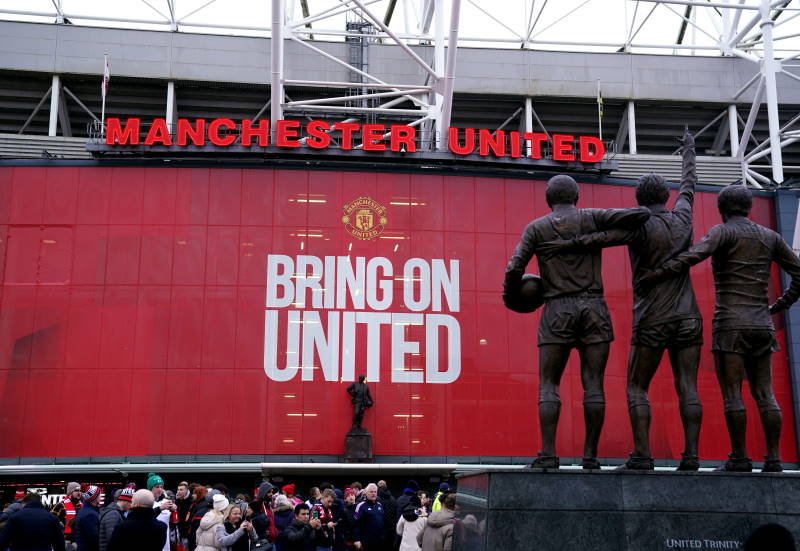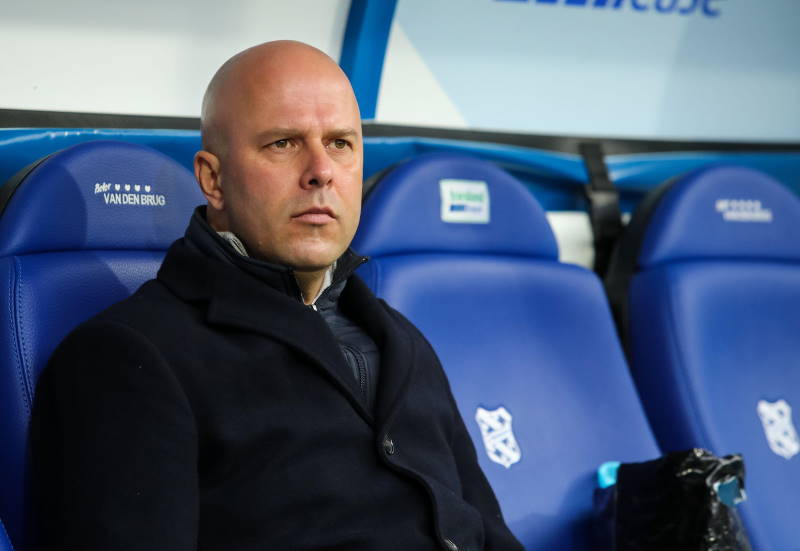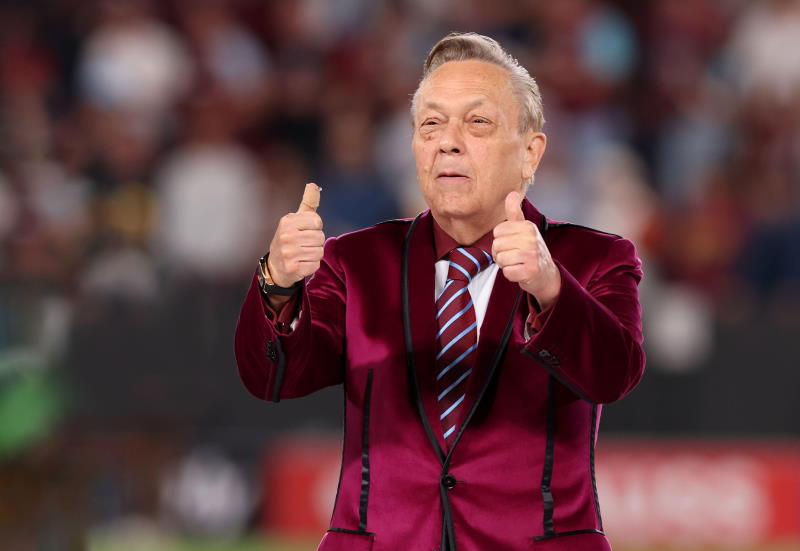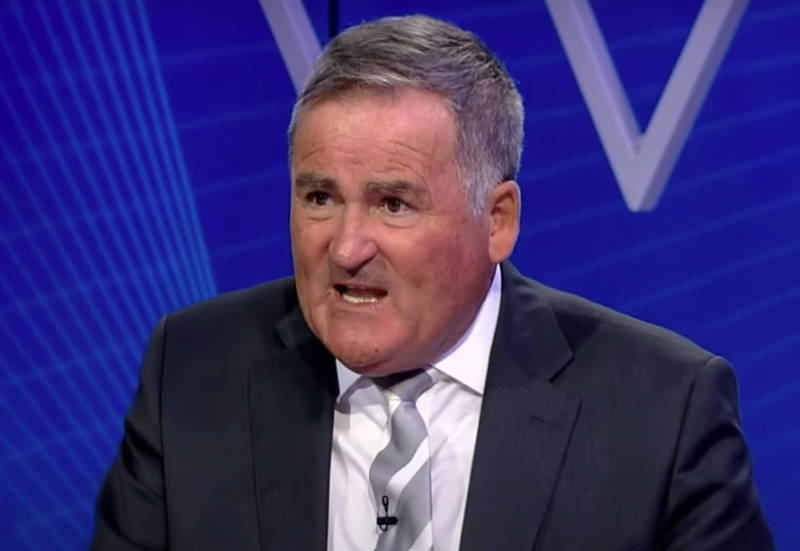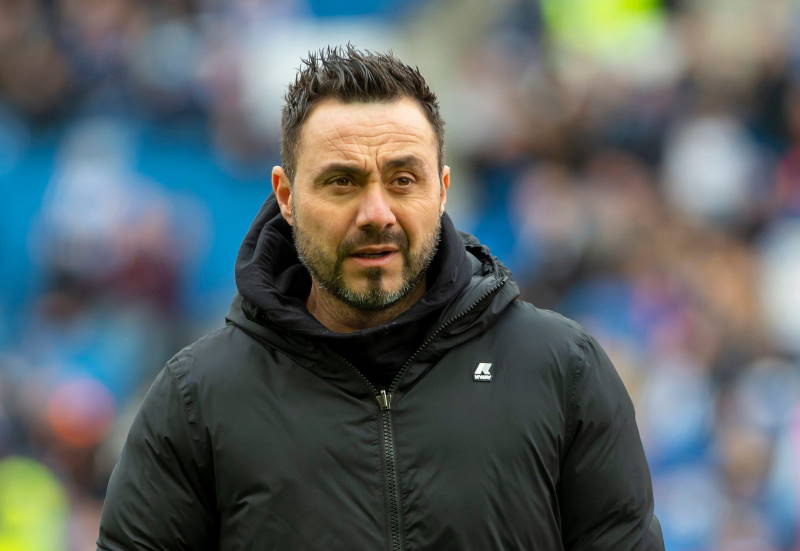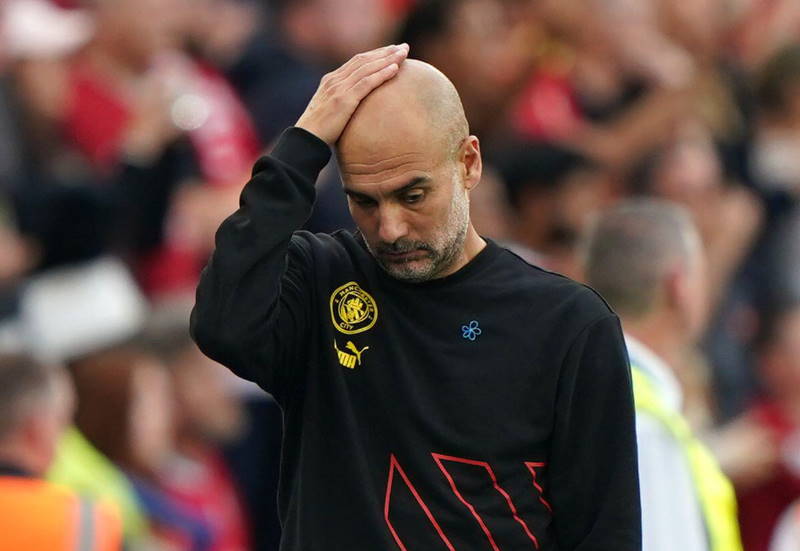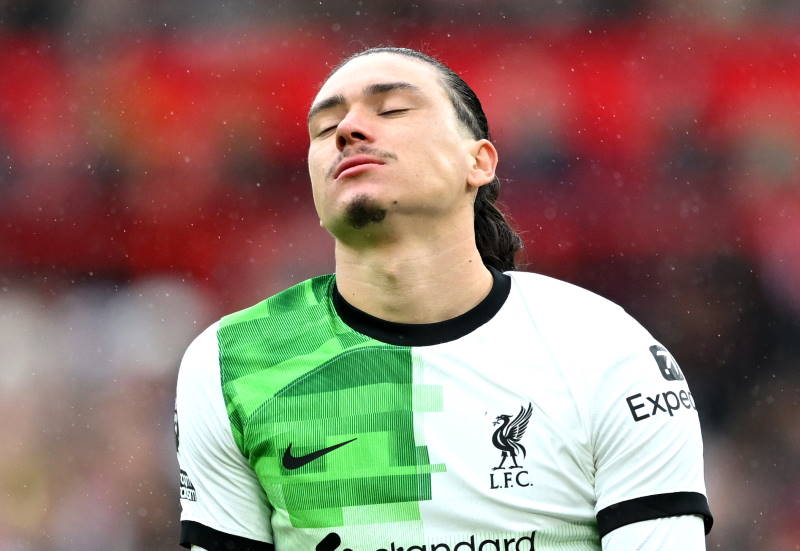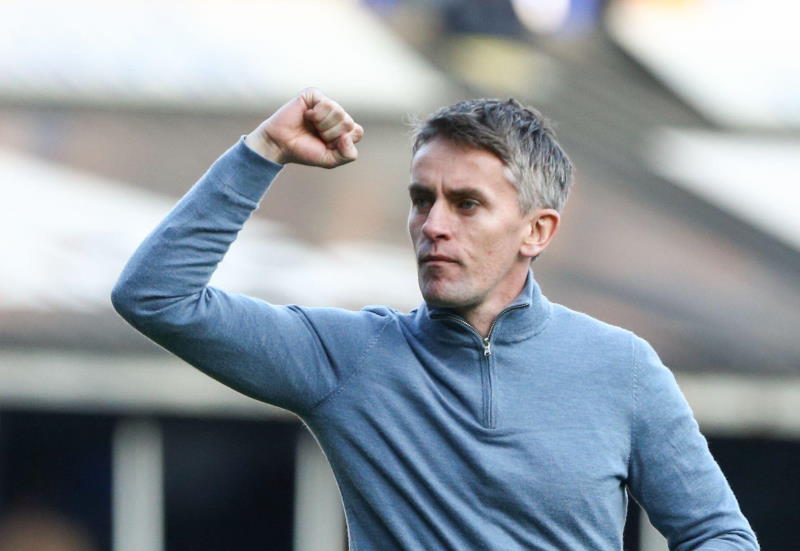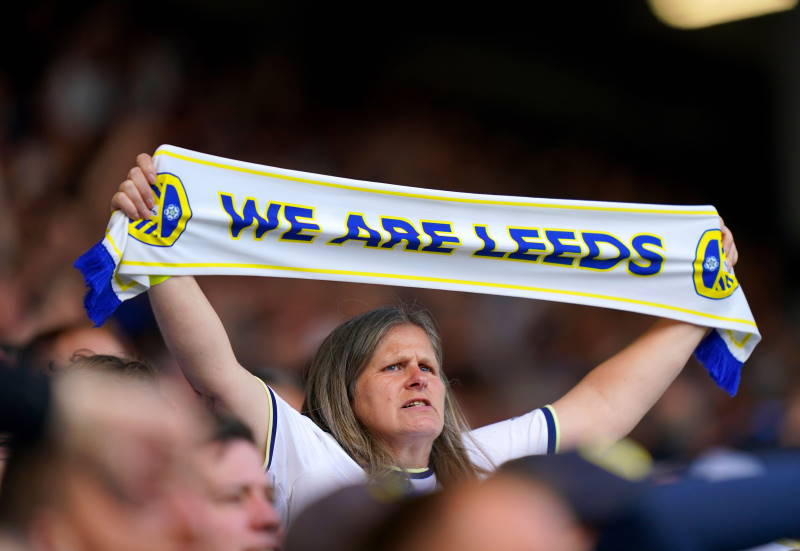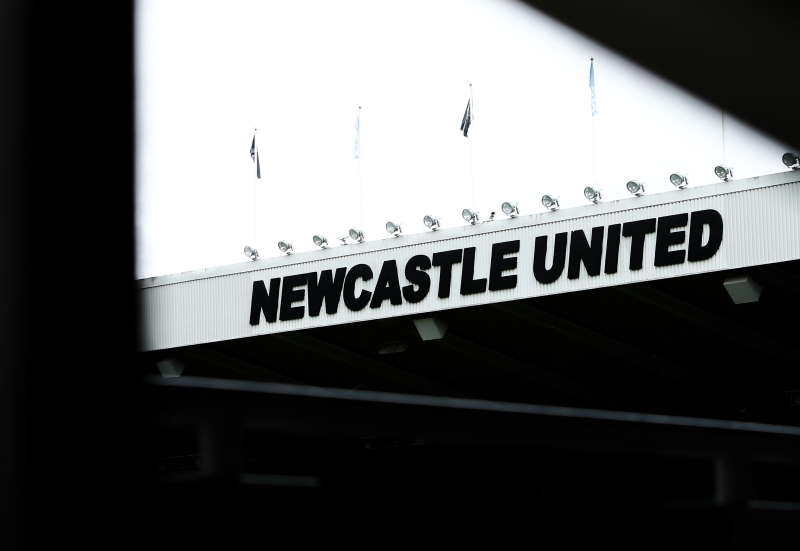
Imagine being Louis van Gaal for just a moment, a coach with a wonderful track record – from the Ajax team he guided to an unbeaten domestic title win, a Champions League triumph, to the Barcelona and Bayern Munich sides he experienced success with and to this summer’s World Cup, where he took Holland to the semi-finals.
The Dutchman is undoubtedly one of the top managers in the game today and possesses a canny knack for knowing how to build an effective and cohesive team – and in particular for being able to see beyond the short termism that afflicts so many in the game and to build for the future.
With that in mind, it would be fascinating to imagine what was going through his head when he was called early on the morning of 1st September and told that Radamel Falcao was available to go to Old Trafford. Would it have been sheer excitement at the prospect of one of the world’s top forwards joining the club? From what we know of Van Gaal, it is just as likely that he was tearing his hair out with frustration. Falcao is certainly the right man, but at the complete wrong moment. One wonders what exactly Manchester United’s transfer brokers were thinking of, focusing their minds on Falcao when more urgent issues needed addressing. This was not so much a case of failing to fix the roof whilst the sun was shining, but choosing instead to refurbish a perfectly good garage instead.
Marcelo Bielsa, the Chilean who, along with Pep Guardiola and Johan Cruyff, is probably the most influential manager of this generation, believes in a transfer policy where the next signing is all about trying to improve the weakest area of the team. What Manchester United did is the exact opposite. But why?
A clue must lie in the comments by executive vice-chairman Ed Woodward, who said earlier this month that Manchester United’s financial planning assumed a third place finish in the Premier League at the very least. It is like Burnley having been promoted assuming they will finish at least 17th this season, or Stoke City assuming they will qualify for the Europa League. It is an assumption that they, because they are Manchester United, will suddenly leap back up a level.
It is bold, brash and arrogant – like something Jose Mourinho might say; but at least Mourinho’s irritating self-promotion has some substance to it. Having finished seventh last season, signed a host of players and brought in a better manager Manchester United should improve, no doubt. However, to suggest that they can assume that this season they can be better than at least two of Arsenal, Liverpool, Chelsea and Manchester City is naïve and delusional. Manchester United remain some way off all of last season’s top four and have yet to prove that they have overtaken even Everton and Tottenham. Both of those sides improved over the summer and both were better than Manchester United last time out. The most the Red Devils can safely assume this season is that they will again finish in the top seven.
Moving beyond Woodward’s comments, to return to that huge £150m summer spending spree, what can be the logic for Manchester United’s rampant splurge? Again it seems, on the face of it, to be a desperate attempt to preserve the status of a team who enjoyed a privileged position above all else for so long in English football. For two decades Manchester United dominated, having developed a ruthless and remorseless appetite for success. But that was down to the managerial genius of Sir Alex Ferguson. With his departure, that all came tumbling down.
What has been apparent since the Scot’s retirement is that Manchester United are not at the level of the country’s top teams anymore. This is unchartered territory. The club have failed to win before, and have had comparative dry spells even under Ferguson. But they were never that far off the top. As noted earlier, last season’s top four are now operating at a different level to Manchester United on the field. Last year they took just one point from four games against Everton and Tottenham.
What appears to be happening is that Manchester United are struggling to adapt to the fact that they are now just another one of the top teams – rather than being the top team. They may be acquiring world-class forwards at an alarming rate, but there is still no sign of them showing an imminent return to their former glories. Real Madrid’s policy of buying the best player every season just over a decade ago brought them six successive exits in the Champions League’s first knockout stage. Big players mean nothing if they aren’t moulded into a proper team.
Last January, Manchester United signed Juan Mata from Chelsea. They then handed Wayne Rooney a new contract and the club captaincy. Then they signed Falcao. Three players who play in roughly the same part of the pitch, all of who have been the man they have looked to build their new team around at some point in the last year. These moves bolster the club’s glamour, they add lustre. But they are also desperate, directionless signings. They echo the move by Manchester City to sign Robinho on the day Sheikh Mansour bought the club. All the thought behind the transfer is based on the message it sends off the pitch, rather than improving things on it. Angel di Maria may be a fantastic signing for any team, but to what extent were they motivated by his tactical intelligence and technical virtuosity rather than the fact that he was the biggest name available on the transfer market?
Manchester United would have done well to have looked at Arsenal when considering how to manoeuvre their way out of their current malaise. Arsenal, for very different reasons, dropped away from the top teams just under a decade ago, when they moved to the Emirates Stadium. Unable to compete with the teams around them in the short term, Arsene Wenger insisted on bolstering his squad only with players who complemented those already there, who could improve the team tactically. There was no saving up every penny available for a marquee signing. In doing so, Arsenal were able to remain amongst the elite, in the top four and Champions League every season, during a difficult few years. That was thanks to the fact that all of their signings were made to make a statement on the pitch, not off it.
Manchester United don’t have the drain of a new stadium to pay for holding them back. They have the money to get back to the top much faster than Arsenal did. But it is being wasted on status names because of the vanity of those running the club, insistent on presenting themselves as the top dogs even when their team are languishing in the lower half of the table. The quickest way back to the summit will be if those in charge at the club stop trying to be Manchester City and remember what it was in the first place that made them Manchester United.

